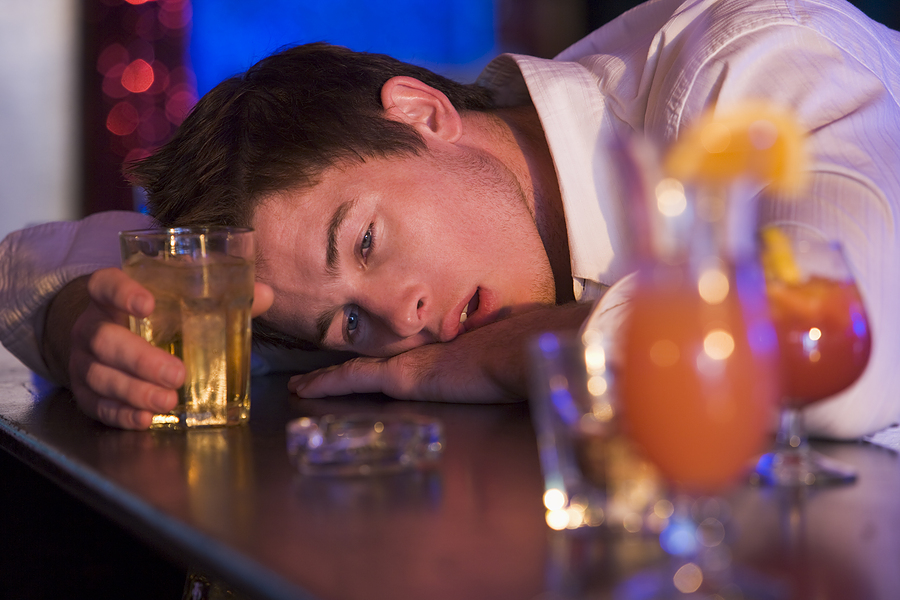New findings on the effects of alcohol
By Catherine Walker
A new study into the effect which alcohol has on brain activity explains why people do daft things when they are drunk.
 Researchers from the University of Missouri found that alcohol dulls the brain signal that warns people then they make a mistake which ultimately reduces self-control.
Researchers from the University of Missouri found that alcohol dulls the brain signal that warns people then they make a mistake which ultimately reduces self-control.
‘When people make mistakes, activity in a part of the brain responsible for monitoring behaviour increases, essentially sending an alarm signal to other parts of the brain indicating that something went wrong,’ said researcher Bruce Batholow, Ph.D. ‘Ou study isn’t the fist to show that alcohol reduces this alarm signal, but contrary to previous studies, our study shows that alcohol doesn’t reduce your awareness of mistakes, it reduces ho much you care about making those mistakes.’
For this study, researchers measured the brain activity of 67 participants, aged between 21 and 35, as they completed computer tasks designed to elicit some errors.
Approximately one-third of the participants were given alcohol to drink, the rest were given a placebo drink or no alcohol at all.
The researchers measured the participants’ mood, their accuracy in computer tasks and their perceptions of their respective computer abilities.
It was discovered that the brain’s ‘alarm signal in response to errors was significantly dampened in those who had consumed alcohol, although the response was largest for those in the placebo group.
Those in the alcohol group realised that they had made a mistake on about the same level as participants in the other groups which indicates that alcohol’s reduction on the ‘brain signal’ did not occur just because those in the alcohol group were unaware of their mistakes.
The findings showed that the participants who had consumed alcohol were less likely to be more careful or slow down in the task after having made errors.
Bartholow said ‘In tasks like the one we used, although we encourage people to try to respond as quickly as possible, it is very common for people to respond more slowly following an error, as a way of trying to regain self-control. That’s what we saw in our placebo group. The alcohol group participants didn’t do this.’
Most of the participants in the alcohol group reported feeling ‘less negative’ after drinking than before, and mood appeared to influence the size of the brain’s alarm signal.
The findings are an important step forward in understanding how alcohol’s effects on the brain contribute to the kinds of mistakes and social blunders people sometimes make when they’re drunk, Bartholow said.
‘Thee are certain circumstances under which reducing the brain’s alarm signal could be seen as a good thing, because some people, like those with anxiety disorders, are hypersensitive to things going wrong. In some people, a small amount of alcohol can take the edge off those anxious feelings, but consistently drinking as a way to reduce anxiety can lead to serious problems, including alcoholism,’ said Bartholow.
‘But generally speaking, having a strong brain response to mistakes promotes better self-control and helps people avoid making further mistakes in future,’ he concluded.
Source: University of Missouri





